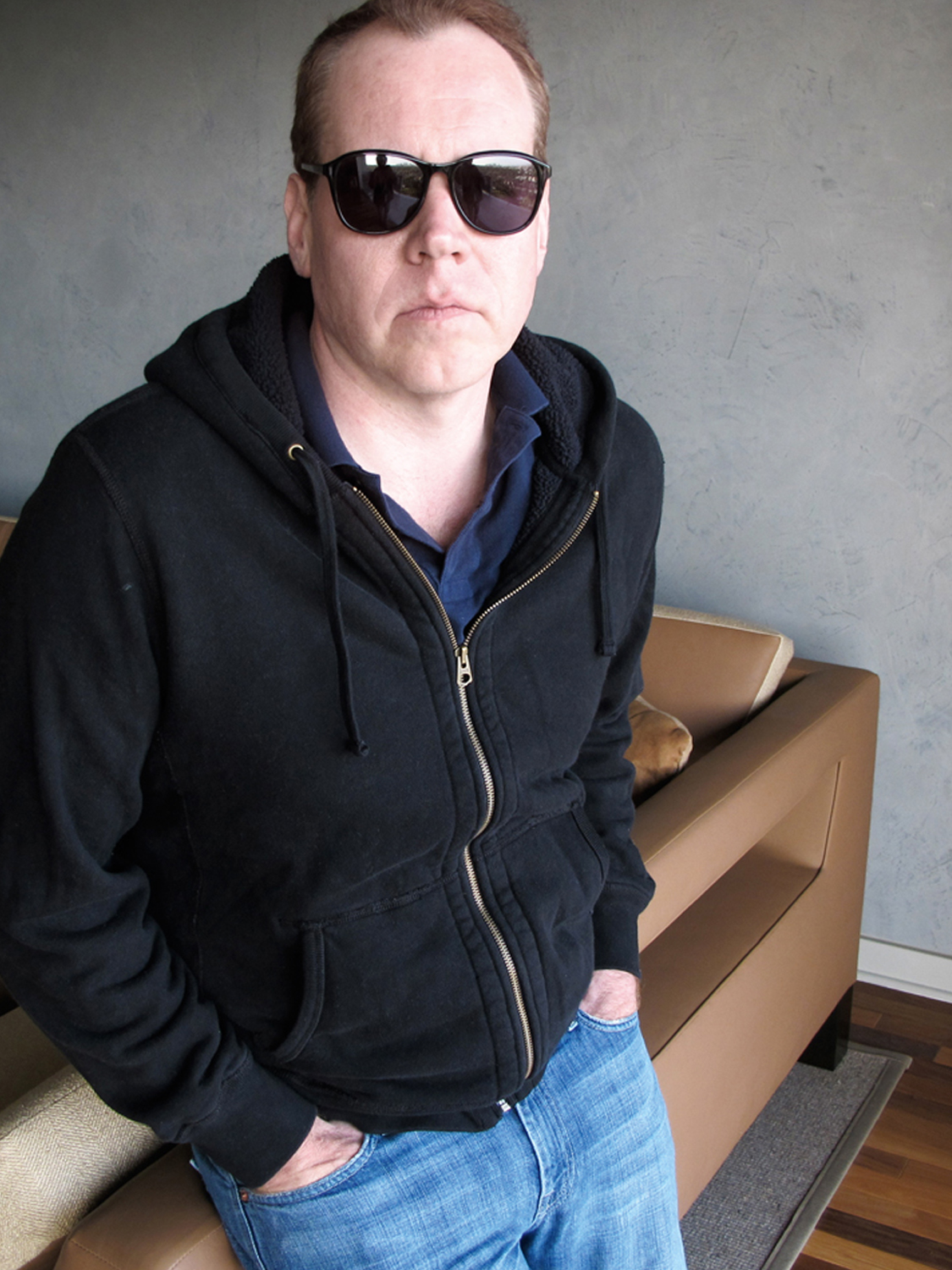Purple Magazine
— F/W 2010 issue 14
Bret Easton Ellis
interview and portraits by ALEX ISRAEL
I pulled off of Sunset Strip heading for BRET EASTON ELLIS‘s home. I’d finished reading his much-anticipated new novel, Imperial Bedrooms, just moments before. His place seemed uncannily familiar — it felt just like the home of Clay, the novel’s narrator, a character the legendary writer introduced to readers in 1985’s Less Than Zero. Now Clay has become an adult, and is back for more with his cohorts Julian and Blair. Bret Easton Ellis is back, too — back to his home town of Los Angeles. This time around The Tower Bar may have replaced Spago, but some things never change — like the dark magnetic pull of the palm tree shadows; the spider’s web of fame, fortune, and sex; and the lingering paranoia: the uncanny sensibility of LA Noir.
ALEX ISRAEL — You grew…
